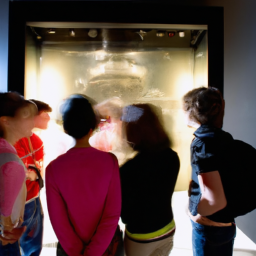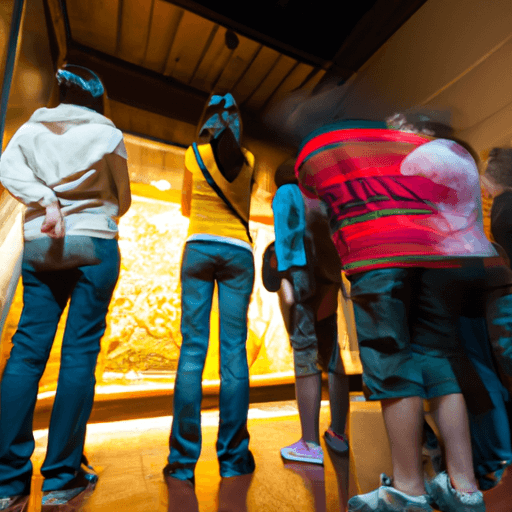740
Newsletter
Subscribe to our newsletter for exclusive content, latest news and trends, and exciting new features.
Tranding
Categories
Pets and animalsBusiness and entrepreneurshipHealth and wellnessFood and cookingGaming and esportsScience and natureEnvironment and sustainabilityLiterature and writingSports and fitnessLifestyleBeauty and personal careEntertainmentMusic and EntertainmentEducation and learningHome and gardenTechnologyTravel and tourism
Arts and culture

















Comments
Leave a Comment